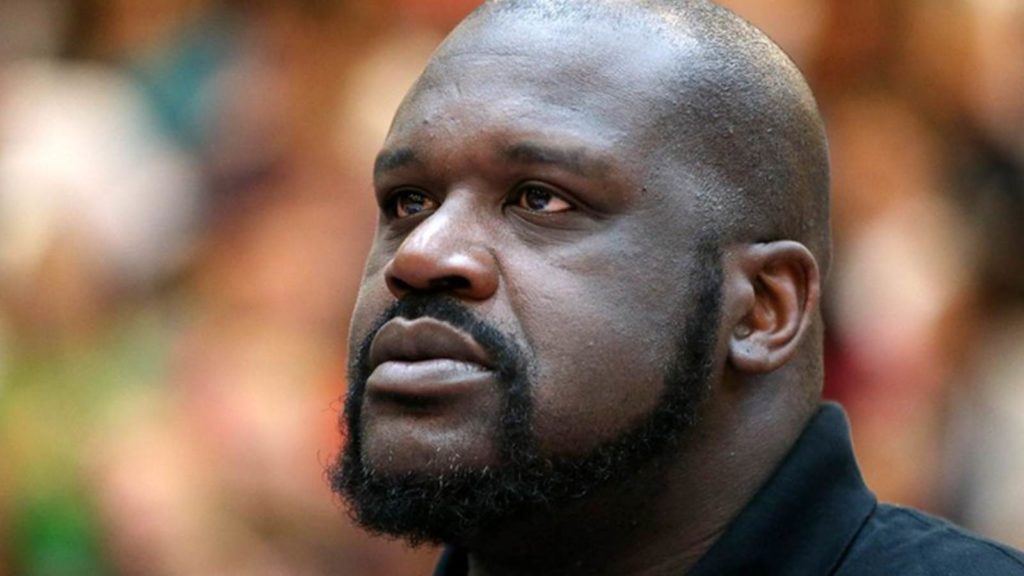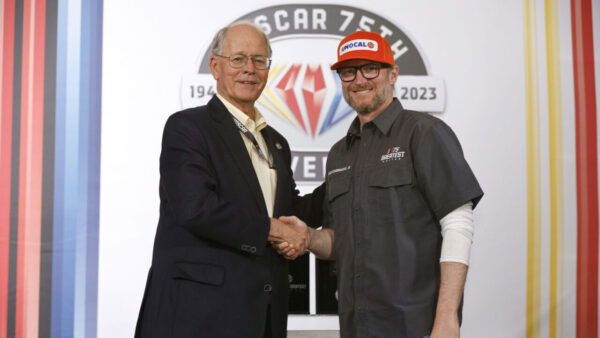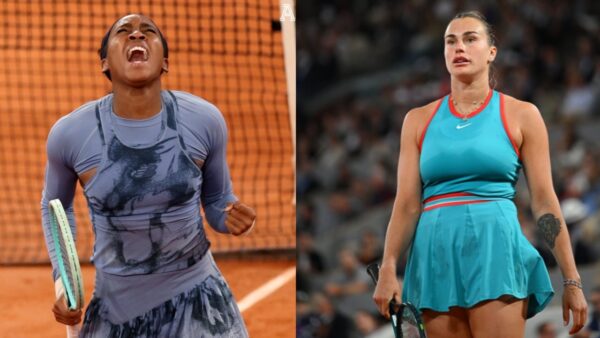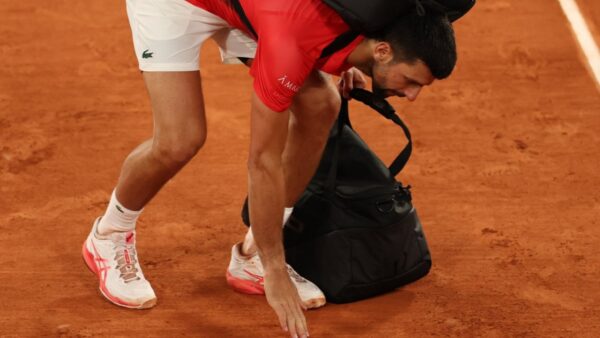“They had no licence, no revenue and no operations” Shaquille O’Neal got scammed for $150K by the Cannabis industry

Shaquille O’Neal is one of the most business savvy athletes around today. Despite there being several other athletes or specially NBA players wealthier than him, he still ranks as one of the most richest sportspersons. Today, Shaq has been pro investments and encourages his successors to be smart with their money.

A lot of athletes these days, especially the ones just starting their careers have always spent lavishly when they receive their first paycheck. The big diesel however started off investing his money. Right now he claims to be a proud owner of 50 different brands and has his fun exploring his musical talents as a DJ.
Shaquille O’Neal gets scammed by the Cannabis Industry

A few years after his retirement, Shaquille O’Neal pursued fulfilling his dreams in educating himself. He has done his Masters and Doctorates degree in the field of business and education. But as smart as the former Los Angeles Lakers center is, his luck did not play out well at times. O’Neal and his business partner Jerome Crawford were both conned by a budding industry in the United States.
The former NBA most valuable player had invested $150,000 in a Cannibis company. According the to the former baller, the money was supposed to be utilised to legalize the business. But unfortunately, his investment was simply taken for granted one faithful day in 2016.
Shaquille O’Neal sues business for one million dollars

Nearly after a year of investing the money, Shaquille O’Neal saw no returns from what he had given. According to him, the company had “seemingly had no licenses, no revenue, and no operations.” Afted several efforts made by the attorneys, thr business did not respond by any means.
Shaq claimed that the company finally agreed to pay him and his partner in installments nearly a year after they had filed a case. The company agreed agreed pay $10,000 each month until the full amount it paid but O’Neal said they had only paid a first installment of $20,000. The two investors would then sue the business for the installments with an added interest. They sought damages worth one million.







